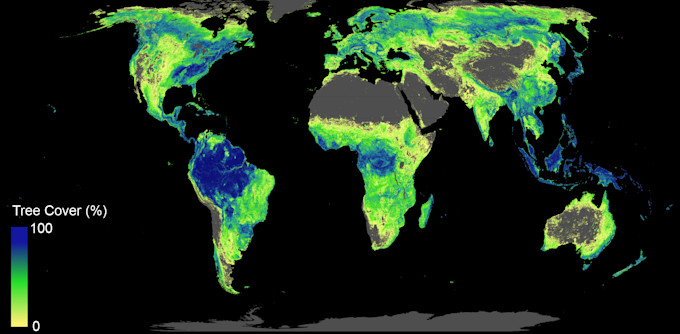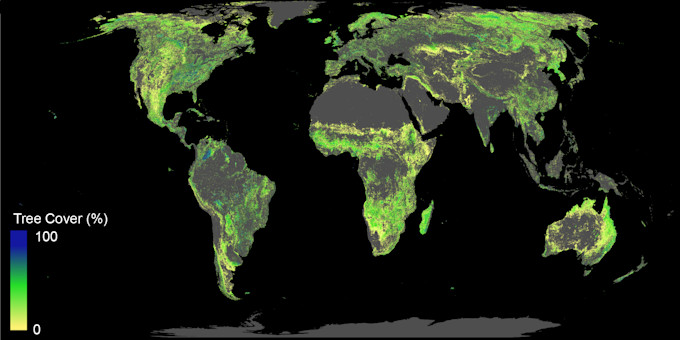PERMANENT ARM$ ECONOMY
SIPRI: Saudi Arabia largest importer of arms, US biggest exporterOver a third of the global weapons sold worldwide during the past five years came from the United States. About half of US arms transfers went to the Middle East

About 50% of weapons sold by the US went to the Middle East
The US accounted for 37% of global arms sales during the 2016-2020 period and sold arms to 96 countries. Almost half of its sales went to the Middle East, the Stockholm International Peace Research Institute (SIPRI) said in a report on Monday. US exports increased 15% compared to the 2011-2015 period.
International deliveries of arms were flat in the period 2016-2020, ending more than a decade of increases, SIPRI said. It was the first time since 2001–2005 that the volume of deliveries of major arms between countries — an indicator of demand — did not increase from the previous five-year period.
The United States, France and Germany — three of the world's biggest exporters — increased deliveries but falls in exports from Russian and China offset the rise, SIPRI said.
Russia is the world's second-largest arms exporter, while France stood third, according to the report. Russia's sales were dented by a drop in imports from India.
Saudi Arabia tops as largest importer
Middle Eastern countries accounted for the biggest increase in arms imports, up 25% in 2016–20 from 2011–15.
Saudi Arabia, the world's biggest arms importer, increased its arms imports by 61% and Qatar by 361%.
The United Arab Emirates recently signed an agreement with the United States to purchase 50 F-35 jets and up to 18 armed drones as part of a $23 billion package.
Asia and Oceania were the largest importing regions for major arms, receiving 42% of global arms transfers in 2016–20. India, Australia, China, South Korea and Pakistan were the biggest importers in the region.
"For many states in Asia and Oceania, a growing perception of China as a threat is the main driver for arms imports," said Siemon Wezeman, a senior researcher at SIPRI.
COVID impact too early to tell
SIPRI said that it was too early to tell whether a recession stemming from the COVID-19 pandemic could slow down arms deliveries.
"The economic impact of the COVID-19 pandemic could see some countries reassessing their arms imports in the coming years. However, at the same time, even at the height of the pandemic in 2020, several countries signed large contracts for major arms," said Wezeman.
am/sri (dpa, Reuters)
Global Arms Trade Plateauing Amid COVID-19 as Sales Gap Between US, Russia Widens – SIPRI






 Mika Vanhanen has overseen the planting of 30 million trees across the globe via a network of 10,000 schools he recruited over two decades
Mika Vanhanen has overseen the planting of 30 million trees across the globe via a network of 10,000 schools he recruited over two decades














